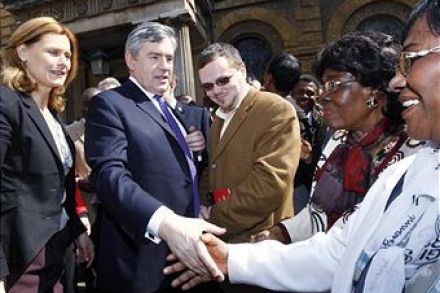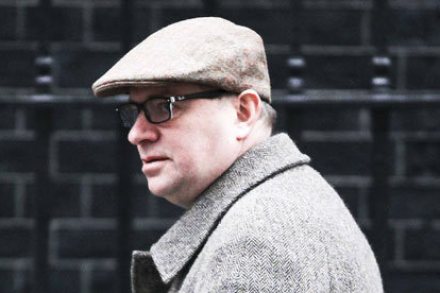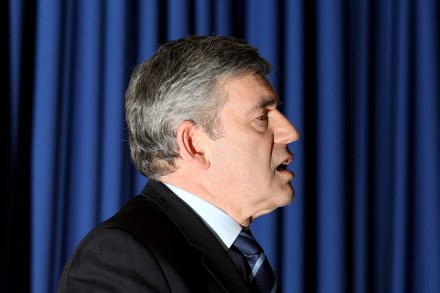No, Gordon, this recession hasn’t been milder than others
Today’s new economic data gives a handy piece of ammo to the Conservatives. It is untrue that, as Gordon Brown says, this recession was somehow milder than others. The economy contracted by 6.3 percent this time – it was 3.8 percent in the 1980s recession and just 2.4 percent in the early 1990s recession. I feel confident that the Conservatives will get this point across clearly, next time that Brown boasts that this recession has been somehow milder, thanks to his decision to “intervene” (ie, double our national debt). The increase in unemployment has also been worse than the 1990s, but not quite as bad as the 1980s (perhaps because

















